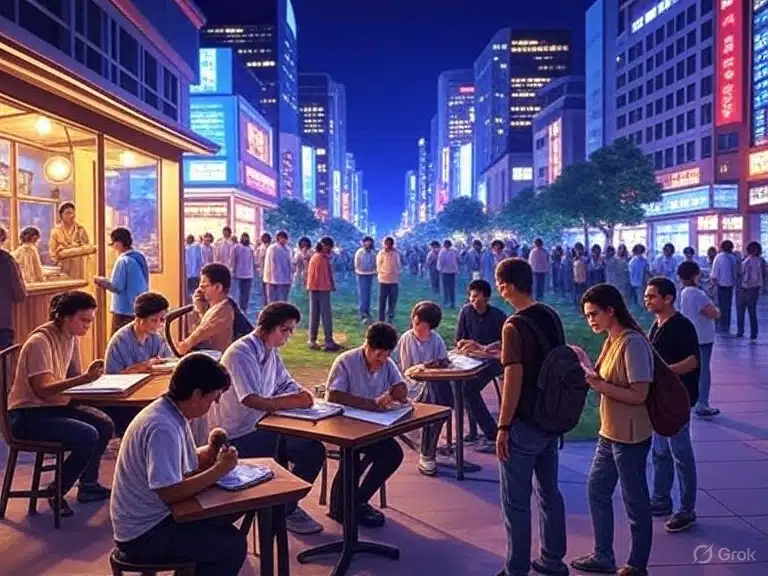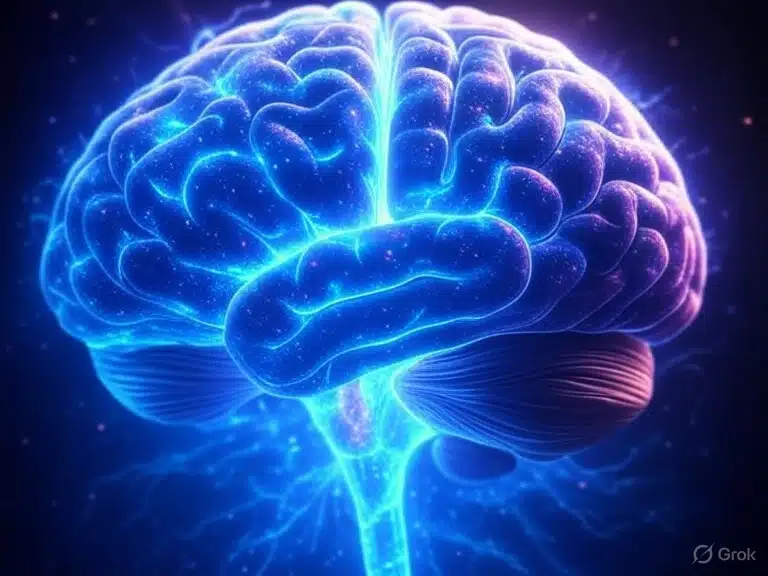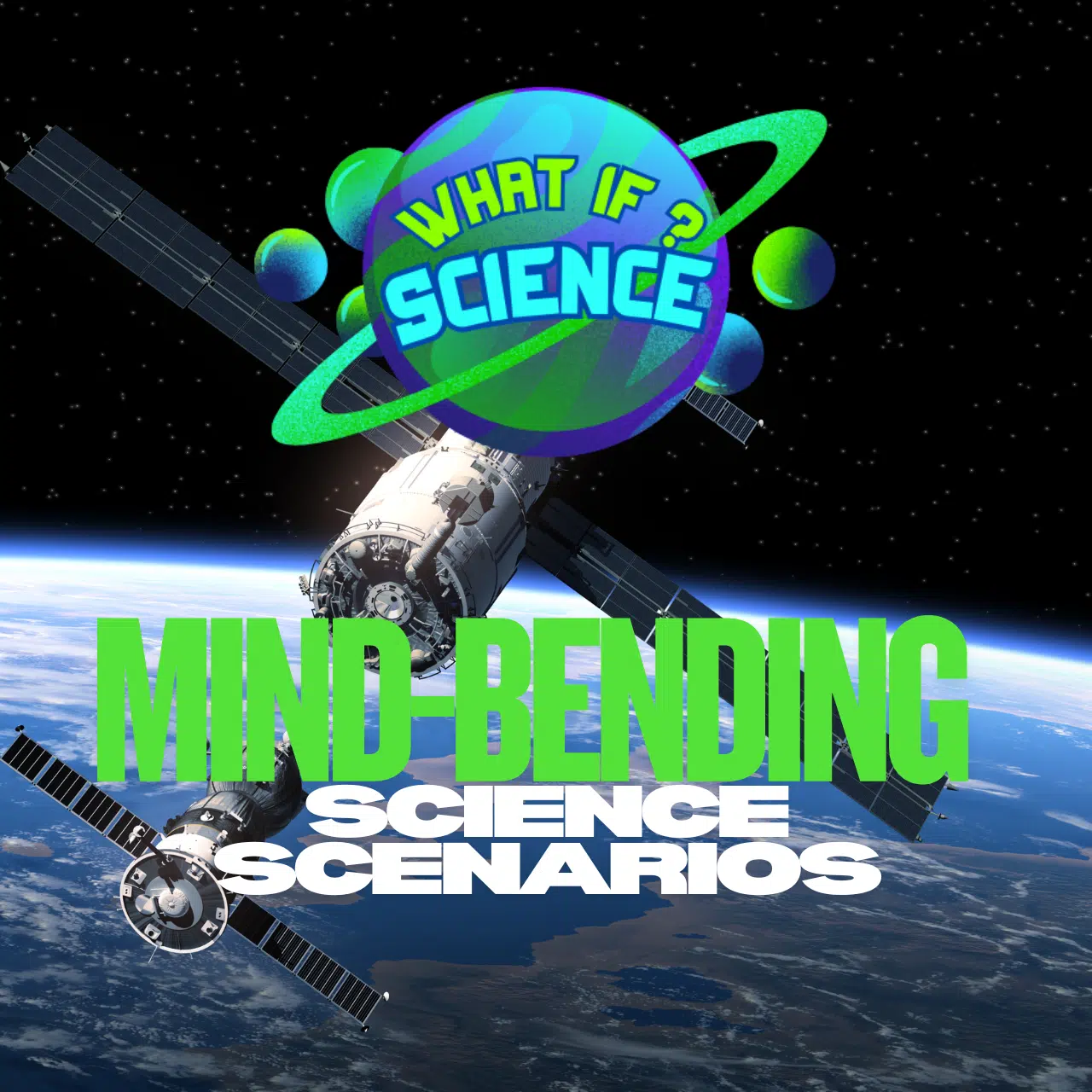Sleep is one of the most universal human needs. On average, people spend nearly one-third of their lives asleep. Our bodies use this time to restore energy, repair tissues, and process memories. But what if humans evolved to live without sleep? Imagine a world where we never needed to close our eyes, lie in bed, or dream. The implications for health, society, and even the future of civilization would be profound.
Endless Hours in a Day
Without the need for sleep, each of us would gain an additional 6 to 8 hours daily. That translates to nearly 20–25 extra years of awake time over a lifetime. People could learn more, work more, and experience far more of life.
Industries would run 24/7 without interruptions. Education could speed up dramatically since students would have extra time to absorb knowledge. Entertainment, travel, and social life would never pause. Humanity would live in a state of permanent activity, where time truly felt limitless.

Biological Changes in a Sleepless World
If humans evolved to live without sleep, our bodies would need revolutionary adaptations. Currently, sleep is crucial for:
- Brain function: Sleep helps consolidate memories and clear out toxins.
- Physical repair: Tissues, muscles, and cells regenerate most efficiently during rest.
- Emotional balance: Sleep regulates mood and stress levels.
Without sleep, evolution would have to create alternative mechanisms. Our brains might evolve to clean themselves continuously rather than during deep sleep. Energy systems could become more efficient, eliminating fatigue. Hormones that manage growth, repair, and stress might function in cycles independent of rest.
Essentially, humans would become self-repairing machines, able to sustain continuous consciousness without decline.
A New Society Without Sleep
A sleepless world would reshape human culture. Daily schedules, work shifts, and even family life would transform. Some likely changes include:
- Economy: Productivity could skyrocket. Companies would have endless hours of labor, while consumers would generate constant demand.
- Education: Students could learn at double speed, spending extra time mastering complex fields like medicine, engineering, or space exploration.
- Healthcare: Doctors and nurses could treat patients around the clock without exhaustion, potentially saving millions of lives.
- Relationships: Families and friends would spend more time together, though it might also create new pressures as there would be no “downtime” to disconnect.
However, the lack of sleep could also mean no dreams. Dreams often inspire creativity, problem-solving, and art. A world without them might lose some of its magic and imagination.
Psychological and Cultural Shifts
Human psychology would adapt in unpredictable ways. Currently, sleep acts as a natural boundary between days, marking beginnings and endings. Without it, time would blur into one continuous flow. Birthdays, anniversaries, and life milestones might feel less defined.
Culturally, traditions like bedtime stories, lullabies, or even the idea of night-time rest would vanish. Instead, humanity might create new rituals for relaxation—perhaps meditation, virtual reality escapes, or short “rest cycles” that simulate calm without sleep.
Potential Downsides
While living without sleep sounds appealing, it could create new challenges:
- Overpopulation Pressure: More waking hours means higher resource consumption—food, water, and energy would be used at unprecedented rates.
- Work Exploitation: Employers might expect people to work non-stop, erasing the concept of work-life balance.
- Mental Overload: Continuous consciousness could lead to overstimulation, requiring new forms of mental management.
- Loss of Dreams: Creativity and subconscious problem-solving might diminish without dream states.
Thus, while evolution could solve the biological hurdles, society would need new systems to prevent burnout and protect mental well-being.

Would Humans Really Benefit?
The idea of never sleeping may sound like a gift, but it raises philosophical questions. Sleep gives rhythm to life and allows us to rest, dream, and reset. If humanity removed it entirely, would we gain productivity but lose meaning?
Perhaps a balance would emerge. Instead of completely eliminating sleep, evolution could reduce it to micro-rests lasting only a few minutes. These tiny recharges could give us the benefits of sleep without wasting hours each day.
Conclusion
A sleepless humanity would be more productive, more active, and possibly more intelligent. But the cost could be cultural richness, emotional balance, and the cherished human experience of dreaming. While evolution has not taken us down this path, imagining it highlights how deeply sleep shapes our biology, our societies, and even our souls.

